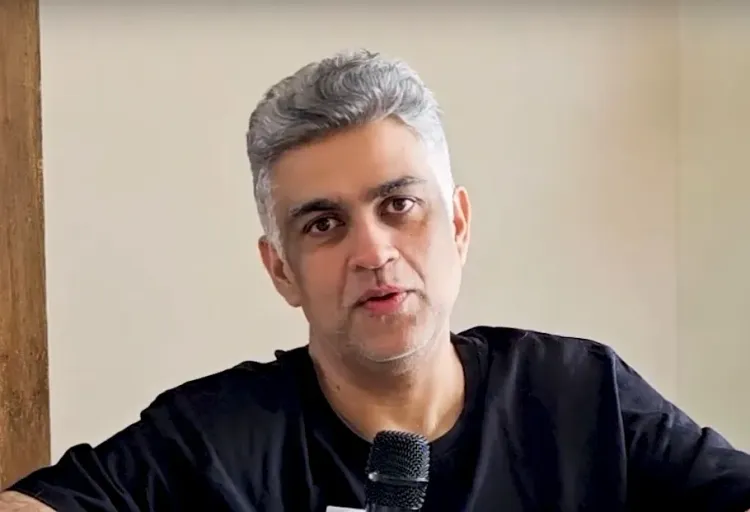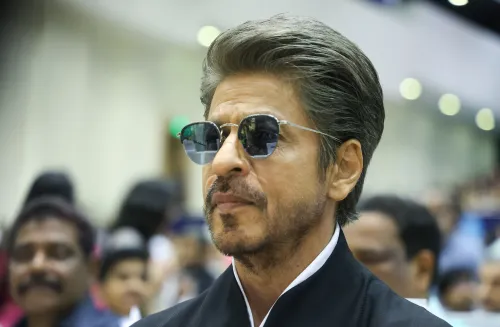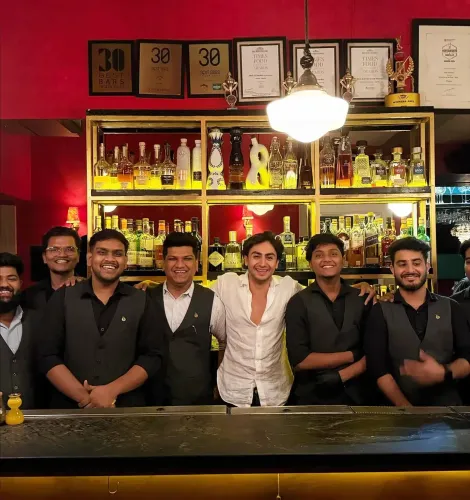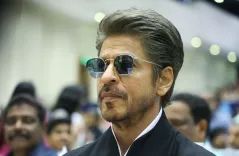Did the director of ‘Maharaj’ aim to stir controversy or tell a journalist's true story?

Synopsis
Key Takeaways
- ‘Maharaj’ portrays a journalist's fight for women's rights.
- Director Siddharth P. Malhotra aimed for sincerity, not controversy.
- The film is inspired by the real-life figure Karsandas Mulji.
- It highlights the need for societal change.
- The film is available for streaming on Netflix.
Mumbai, June 21 (NationPress) Director Siddharth P. Malhotra, whose film ‘Maharaj’ has celebrated a year since its release, emphasized that there was no intention to provoke controversy; instead, they aimed to narrate an authentic story of a journalist.
In a recent conversation with IANS, the director discussed casting actors Junaid Khan and Jaideep Ahlawat. The film marked Junaid's debut, putting him in direct competition with Jaideep, who portrayed the film's antagonist.
Regarding the character development process, the director mentioned to IANS, “We conducted extensive rehearsals and readings. As a director, it’s my duty to present Jaideep effectively on camera. From day one, you should know what you’re doing. If you fail to instill that confidence, it reflects poorly on you. Sharvari had a different role; she could have easily overacted, but she performed remarkably. We trained both Sharvari and Junaid in the same environment, which required significant effort.”
He added, “Our intentions were entirely sincere. We were not creating a film for the sake of controversy; we wanted to tell the story of a journalist who advocated for women, even before the MeToo movement emerged. The film conveys the message that you belong to your God.”
“Junaid and Karsan express that as a society, without a shift in our outlook, we risk perpetuating issues for centuries. While the names of such spiritual leaders may change, the societal evils remain. Karsan, portrayed by Junaid, dared to challenge that status quo,” he further explained.
‘Maharaj’ is inspired by journalist and social reformer Karsandas Mulji, with Bollywood superstar Aamir Khan’s son, Junaid, in the lead role. Karsandas, a student of Elphinstone College in Mumbai, was mentored by the esteemed scholar-leader Dadabhai Naoroji. He was part of the Gujarati Gnanprasarak Mandalli (Gujarati Society for the Spread of Knowledge) and was closely associated with notable Gujarati reformists like poet Narmad and educator Mahipatram Neelkanth.
He faced backlash from the conservative Gujarati society of his era due to an article that criticized Vaishnava Archaryas (Hindu religious leaders) for their conduct. This article led to the Maharaj Libel Case of 1862, which serves as the film's foundation.
The movie is available on Netflix.









